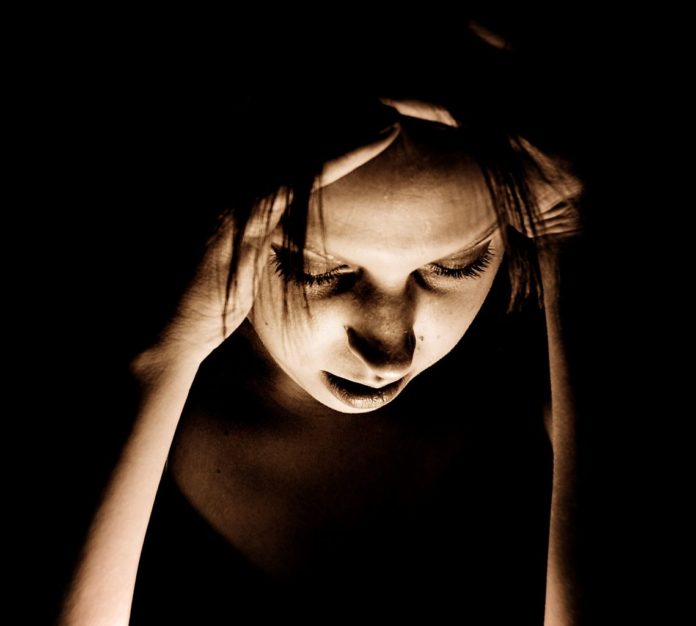
New drug called Reyvow has been approved by the USFDA for acute treatment of migraine
The U.S. Food and Drug Administration has approved Reyvow (lasmiditan) tablets for the acute (active but short-term) treatment of migraine with or without aura (a sensory phenomenon or visual disturbance) in adults. Reyvow is not indicated for the preventive treatment of migraine.
“Reyvow is a new option for the acute treatment of migraine, a painful condition that affects one in seven Americans,” said Nick Kozauer, M.D., acting deputy director of the Division of Neurology Products in the FDA’s Center for Drug Evaluation and Research.
Migraine pain is often debilitating. Symptoms include intense throbbing or pulsating pain in one or both sides of the head. Migraine headache affects about 12 to 14% of people, or more than a billion individuals worldwide. This chronic disorder involves periodic attacks of head pain along with symptoms that may include nausea and/or vomiting as well as sensitivity to light and sound. More than three-quarters of migraine sufferers experience at least one migraine attack per month, and more than half are severely impaired during their attacks.
Approximately one-third of individuals who suffer from migraine also experience aura shortly before the migraine. An aura can appear as flashing lights, zig-zag lines, or a temporary loss of vision. Migraines can often be triggered by various factors including stress, hormonal changes, bright or flashing lights, lack of food or sleep, and diet. Migraine is three times more common in women than in men.
The effectiveness of Reyvow for the acute treatment of migraine was demonstrated in two randomized, double-blind, placebo-controlled trials. A total of 3,177 adult patients with a history of migraine with and without aura treated a migraine attack with Reyvow in these studies. In both studies, the percentages of patients whose pain resolved and whose most bothersome migraine symptoms (nausea, light sensitivity, or sound sensitivity) resolved two hours after treatment were significantly greater among patients receiving Reyvow at all doses compared to those receiving placebo. Although patients were allowed to take a rescue medication two hours after taking Reyvow, opioids, barbiturates, triptans and ergots were not allowed within 24 hours of the study drug’s administration. Twenty-two percent of patients were taking a preventive medication for migraine.
The most common side effects that patients in the clinical trials reported were dizziness, fatigue, a burning or prickling sensation in the skin (paresthesia), and sedation. Patients are therefore, advised not to drive or operate machinery for at least eight hours after taking Reyvow. It should be used with caution if taken in combination with alcohol or other CNS depressant medications.
The FDA granted the approval of Reyvow to Eli Lilly and Company.
Currently, most people with migraine take triptan drugs (sumatriptan, eletriptan, and rizatriptan etc.). But triptans don’t help everyone and they can produce intolerable side effects. Triptans shouldn’t be taken by people with cardiovascular disease (CVD) or major CVD risk factors as they constrict blood vessels.











